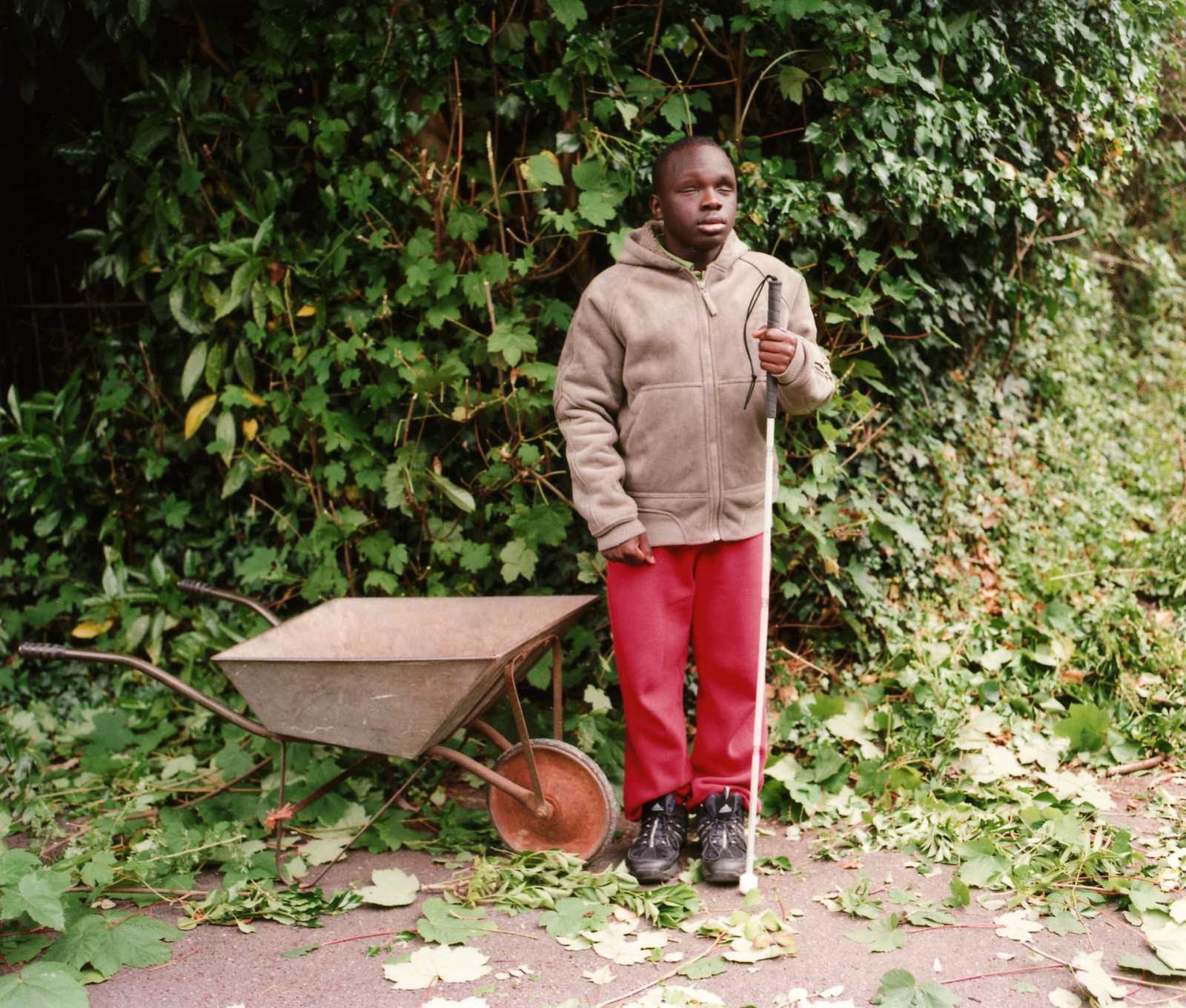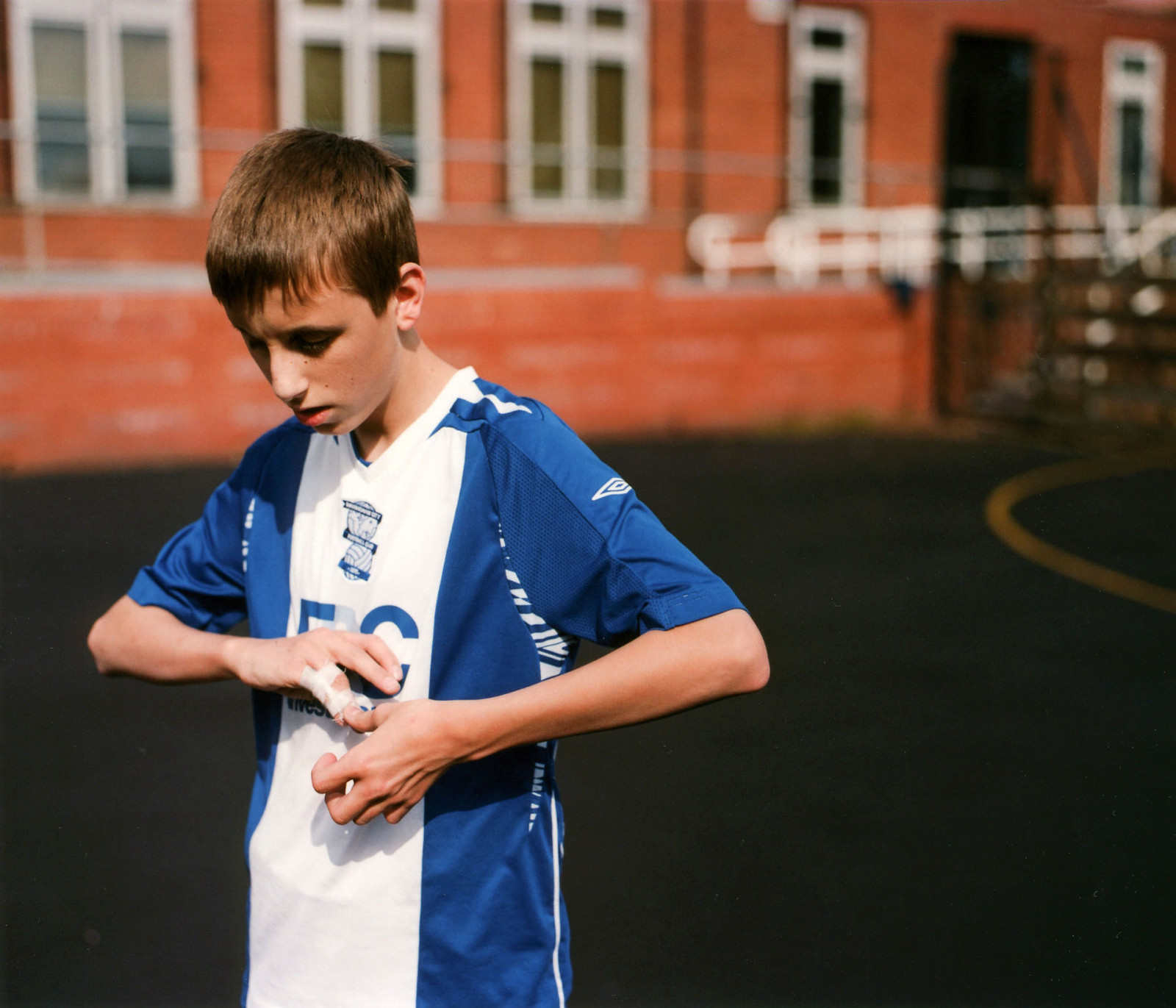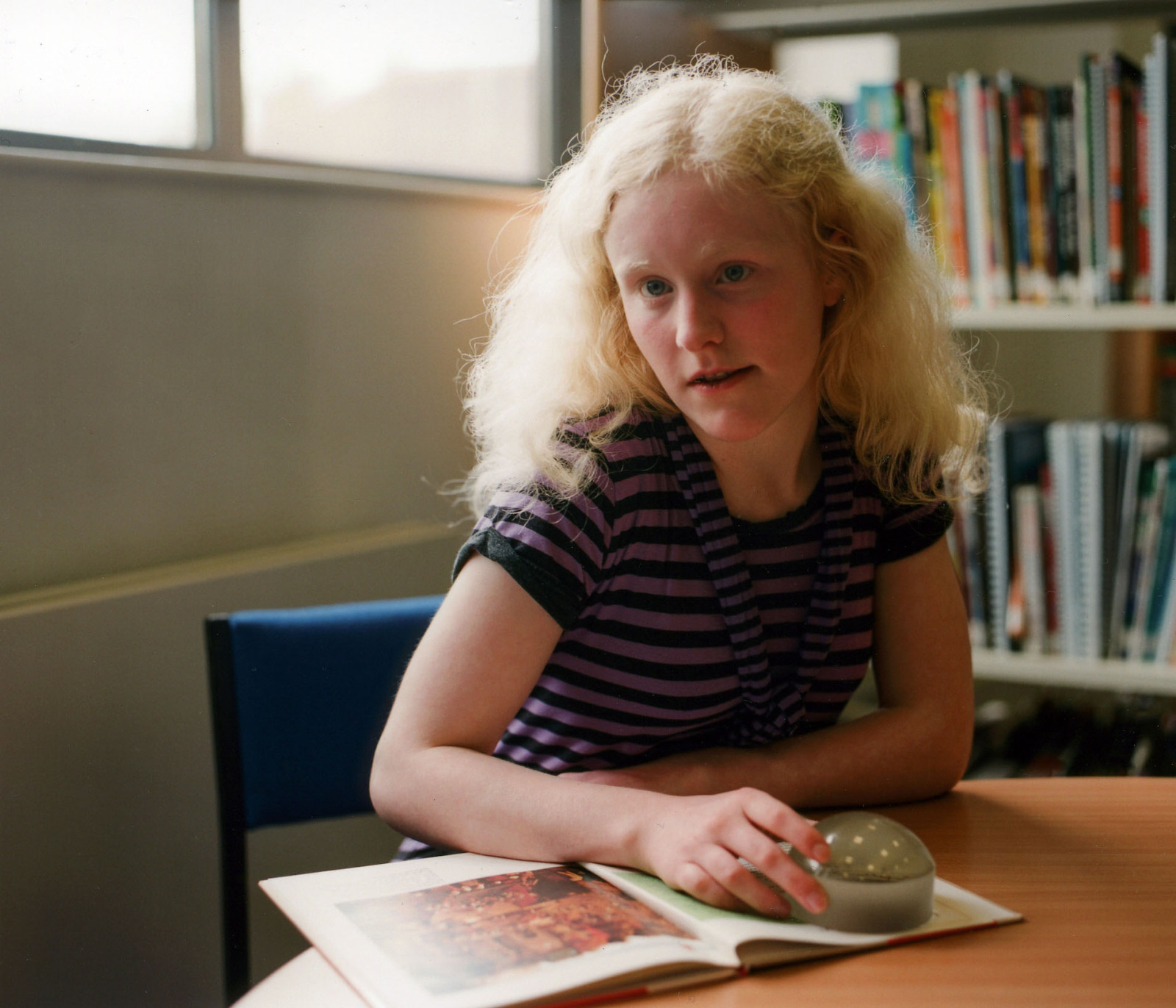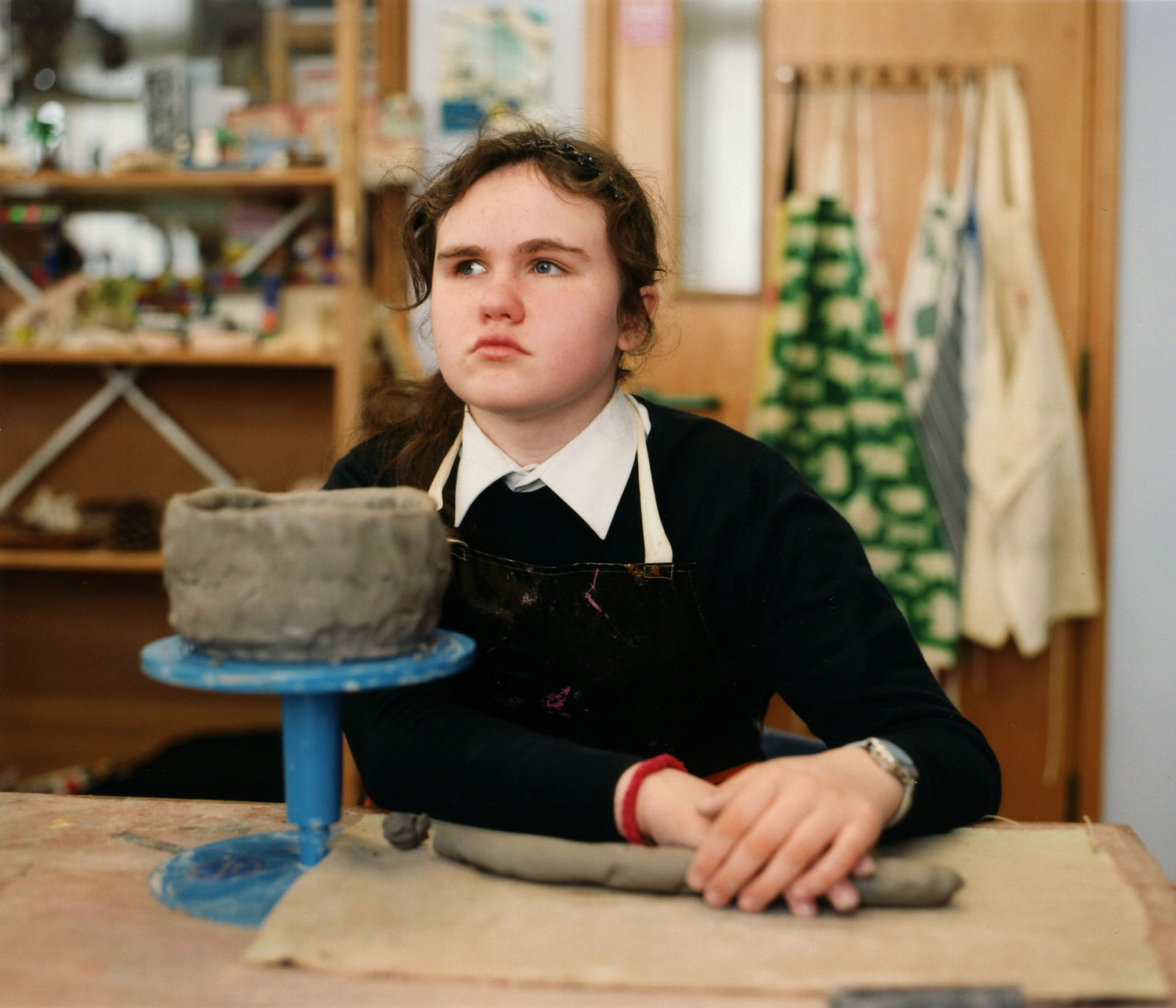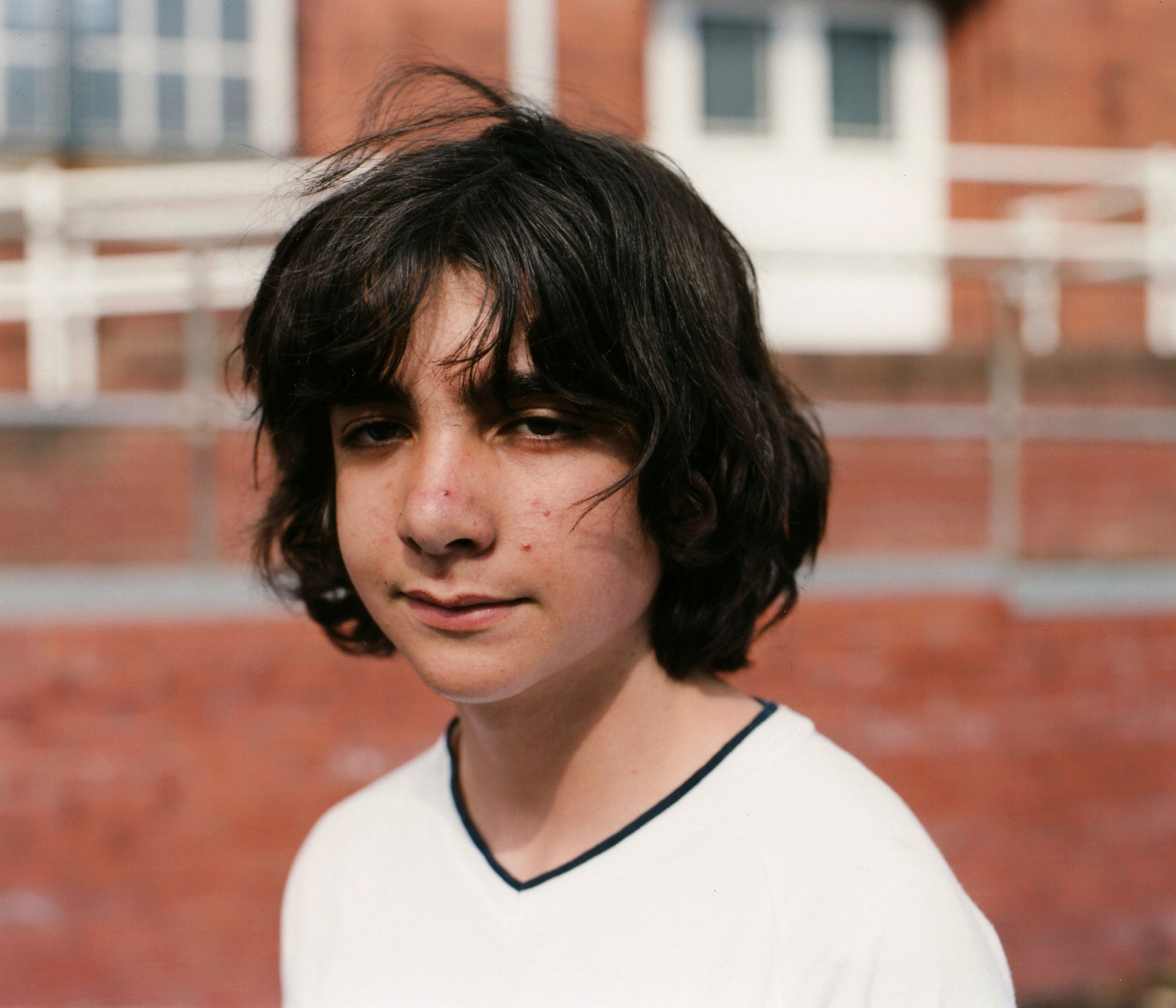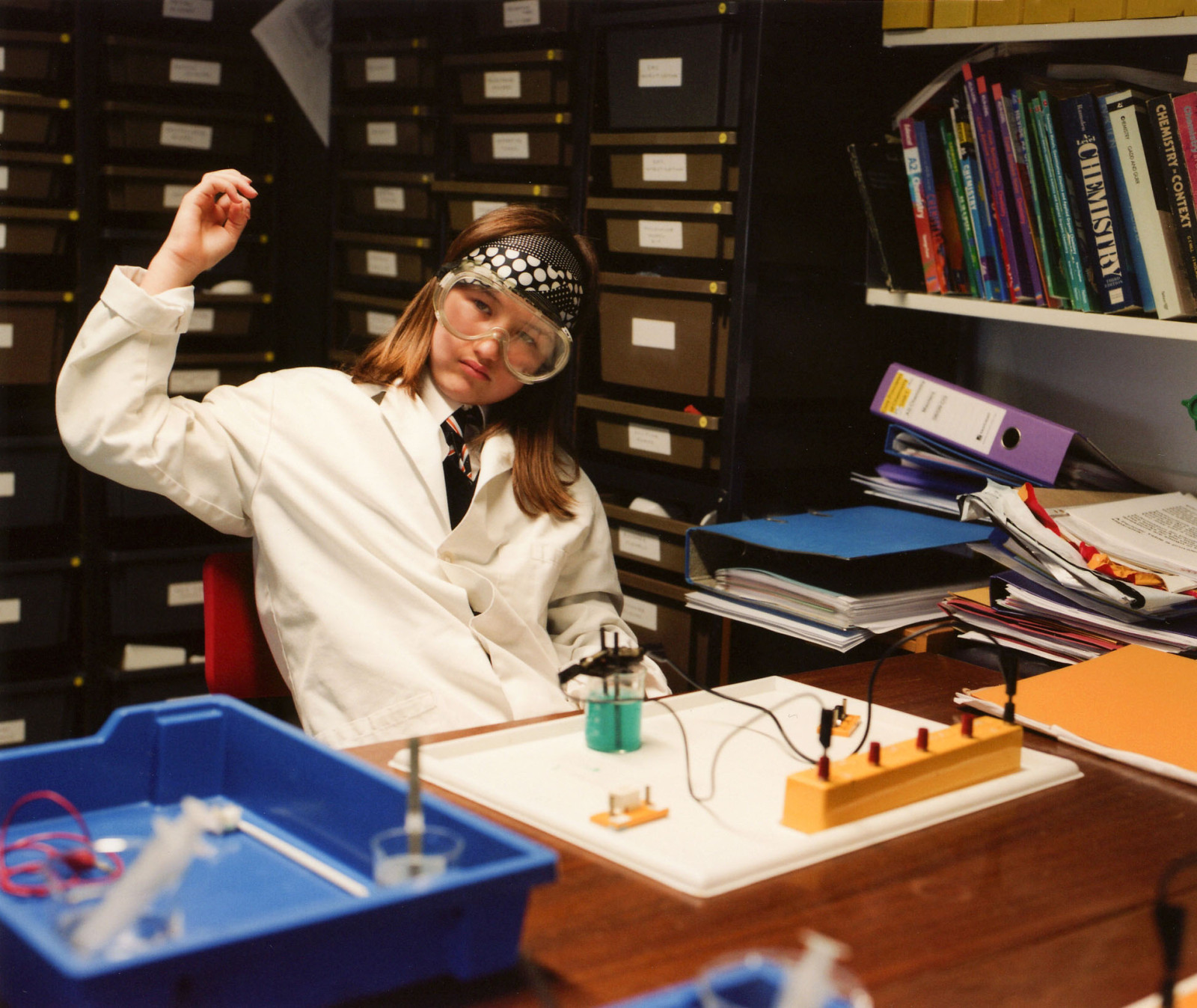Off a small roundabout in the middle of the English countryside lies New College Worcester. At first glance, it is a regular secondary school and sixth form, set in pleasant, open grounds. It’s only when you look a little more closely that you see signs indicating that this is not a ‘normal’ school. Small zebra-crossings have been created, the pavement is raised and bumpy in places and wind chimes move gently in the breeze, scattering sounds across the school fields.
New College Worcester is a national residential school and college for young people aged 11 to 19 who are blind or partially sighted. Every student receives a carefully tailored, individual programme of education, mobility and independent living skills. The aim is to support them in reaching their full potential both inside and outside the classroom and prepare the students for life in the outside world.
The students I met were bright, confident and capable. Some had limited vision, others had been completely blind since birth. Many had additional, complex medical conditions and several students also had Asperger’s Syndrome. By giving these young people freedom and independence, they can grow and flourish as individuals, even in a world that many of them have never seen.

